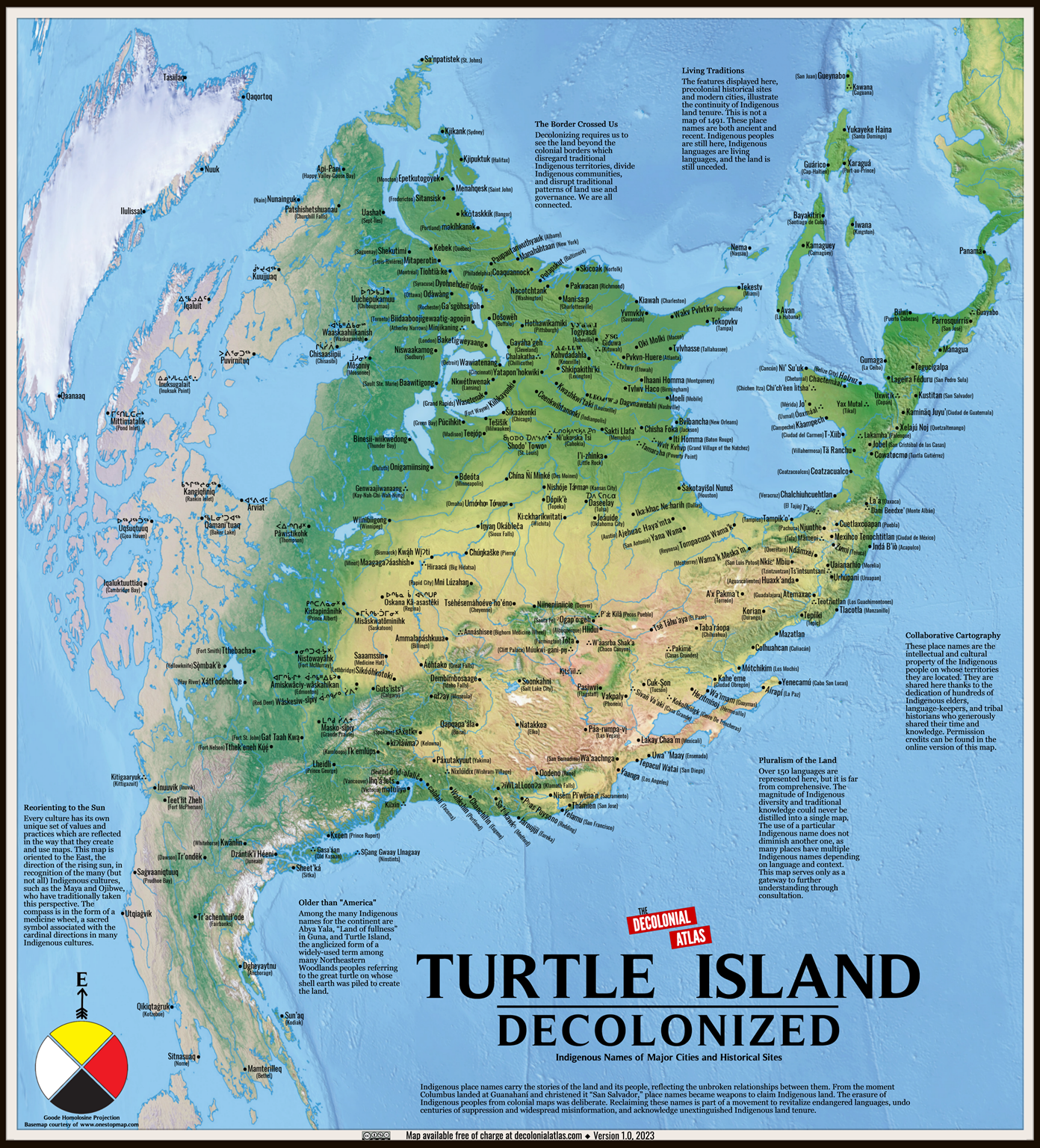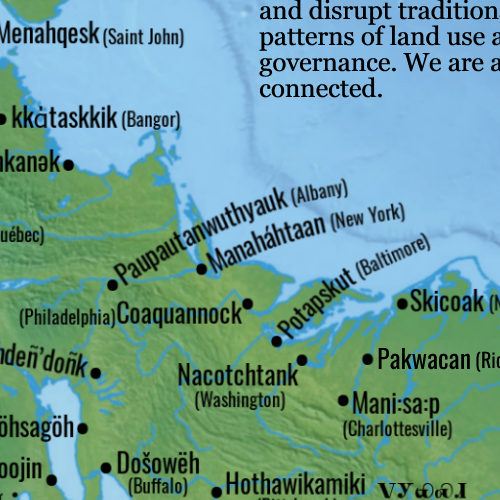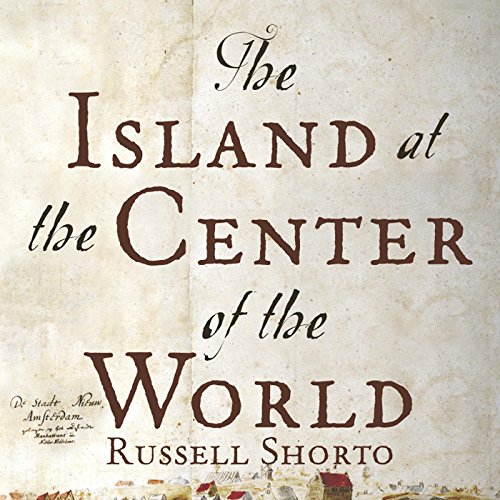
|

|
Pictured above is a decolonized map of north america, or as they call it, turtle island. What interests us here is that it shows the original native names for places across the continent. As colonizers are apt to do, most places have been given entirely new names in order to subvert the people already living there. However, there are a few places that maintain the native names. One of those places is Quebec, and another is Manhattan.
This is interesting, right? What does it tell you about the group landing in a place that they would respect the native name of the land?

Interesting enough for me to pick up a book on the subject! (In actuality, my mom told me about the book while I was whacked out on codeine for a toothache, I just wanted to bring up the decolonial atlas, it's a neat map.)
The book follows the entire history of New York from the exploration of it by Henry Hudson, all the way to the modern day, spending the bulk of the time on the colony under Dutch rule. Shorto is a superb writer as well as terrific narrator for his own book. It is, as the subtitle claims, A genuinely epic tale. One of pirates and prostitutes, business and barbarity, Swedes and Dutchmen. New ideas struggling against old power structures.
The primary thesis of the book is that America is not solely an English colony, but in fact a synthesis of many different cultures and forces, a major one of them being that of the Dutch.
I can understand those who feel that America is an inherently unjust nation, given it's troubled past and turbulent present. However, I almost completely disagree with this notion. While much of America was founded on Puritannical ideas with all the ilk that comes with it, just as much of it was founded on the principles of upwards mobility, self-deterimination, egalitarianism and tolerance of the Dutch settlers. Sure, immigration is a contentious issue but compared to most nations the US is positively xenophilic. This is thanks to it both being a new nation formed by mass immigration and this Dutch culture of tolerance.
Most importantly to me, my life has been made better and I arguably only exist thanks to this great mosaic. My history teacher, my neighbor and even my own mother are all immigrants, and I've benefited greatly from the culture of tolerance I live in. At a time where transphobia is rampant, countless rights are being rolled back, and demonization of queer identity, I've been wholly sheltered from it all by virtue of simple geography. And I have to be thankful for that.
This is not to say we should be blind to America's faults or that it cannot be improved. My point is that anti-patriotism is no substitute for genuine internationalism.
"The Island at the Center of the World" is a terrific history of early New York, narrated engagingly by it's own author. Although history nerds would consider it more pop history, all that means in this context is that both a good read and furthers your understanding of the American past. If it is not already clear I recommend it extremely highly.